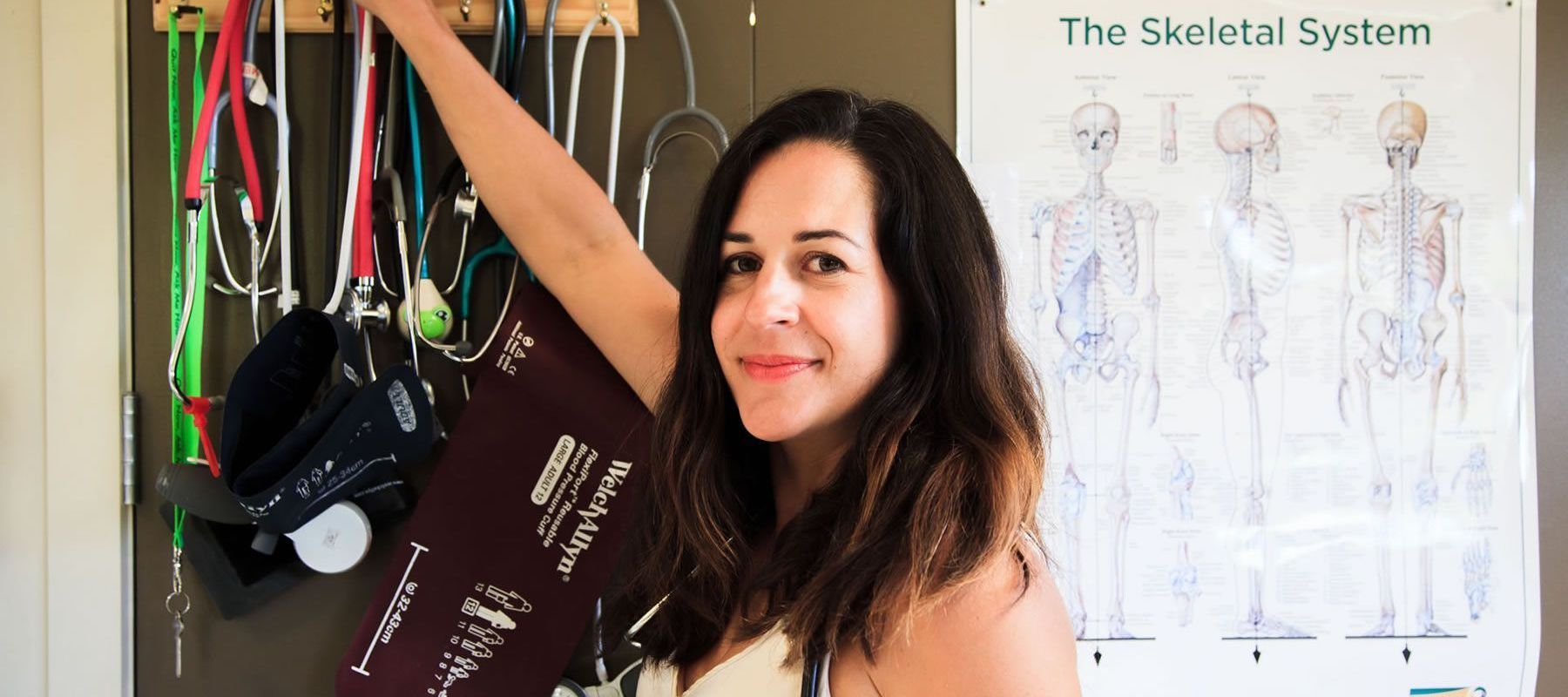Meningococcal disease
Meningococcal disease is a bacterial infection that causes two very serious illnesses: meningitis (an infection of the membranes that cover the brain) and septicaemia (blood poisoning).
Meningococcal disease can cause death or permanent disability, such as deafness.
It can affect anyone – but it’s more common in children under the age of 5, teenagers, and young adults. Students in their first year of tertiary education living in hostel accommodation may also be at higher risk.
It’s important to know the signs and symptoms of meningococcal disease because it can develop very quickly . It can be treated with antibiotics, but early treatment is very important.
If you notice any of the symptoms of meningococcal disease or have any other concerns, contact your doctor without delay
How is it spread?
Meningococcal bacteria are difficult to catch as they don’t live for very long outside of the body. They pass from one person to another through secretions from the nose or throat, for example by coughing or sneezing, but it usually needs to be quite close or prolonged contact. It is more likely to spread among people living in the same house or who are in very close contact with each other (including intimate kissing).
Basic steps like covering your nose or mouth when you sneeze or cough, and washing and drying your hands can help reduce the chance of spreading the bacteria.
There are some factors that may put people at higher risk of developing meningococcal disease, for example living in overcrowded housing.
Meningococcal bacteria
Meningococcal disease is caused by the bacterium Neisseria meningitidis. There are several different groups of meningococcal bacteria including groups A, B, C, Y and W135. These groups of bacteria can be further divided into specific strains.
- Most cases in New Zealand are caused by group B (62% of confirmed cases in 2011).
- The next most common is group C (38% of confirmed cases in 2011).
- There have previously been limited outbreaks of meningococcal disease due to group A.
- Cases of meningococcal disease caused by groups W135 and Y are rare in New Zealand.
Up to 15% of people carry the bacteria that cause meningococcal disease in their nose and throat without being sick. In some people, for reasons we don’t fully understand, these bacteria sometimes go on to cause disease, spreading through the bloodstream (causing blood poisoning) or to the brain (causing meningitis).
How common is it?
There are about 100 cases of meningococcal disease in New Zealand each year. It’s more common in winter and spring.
Between 2006 and 2010, there were between 5 and 8 deaths per year from meningococcal disease, and in 2011 there were 13 deaths.

